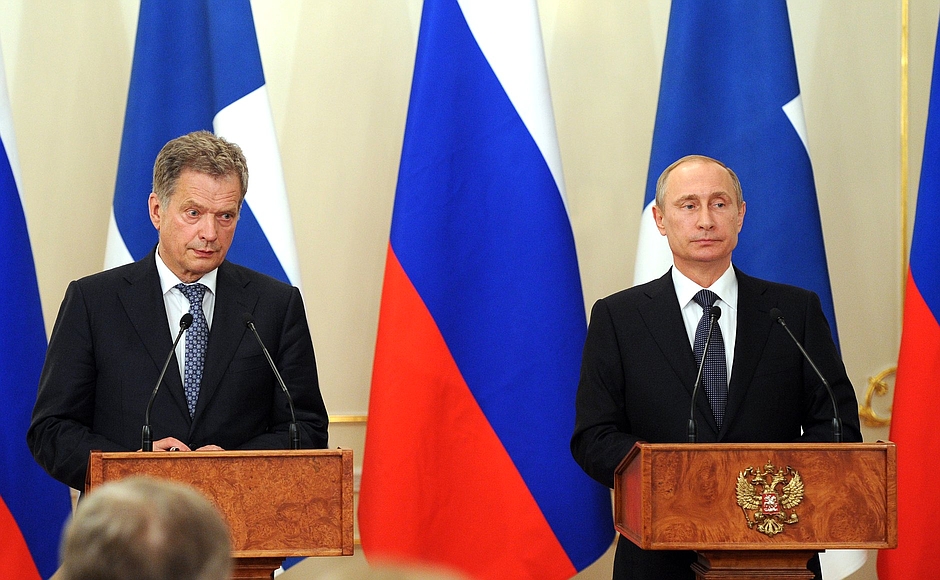Slovakia – Slovakia assures the rotating presidency of the EU council since the 1st July. Considering that the European Commission failed about the management of the migrant crisis, the new presidency wants to construct a “positive agenda” on migration policy and advocates returning EU power to the member states.
During the next 6 months, Fico wants to lay the groundwork for a rethink of the EU, as “there are policies of the EU which need to be clearly labelled as failed.” On Thursday, Fico announced that he intends to be an honest, neutral broker for the crisis-ridden EU. Fico proposed the first summit about the future of the EU to be held in Bratislava on 16 September, with the V4 members as leaders of the discussion, and the 27 members agreed. “I’m very glad that we will meet outside Brussels, because Brussels has a very negative connotation these days. We will meet in Bratislava, another European capital, and have the chance to discuss the future of the EU,” Fico said.
Fico said that there is a lack of communication between the EU and the member states, and even if there are some good proposals like the creation of a European border and coast guard, some are “irrational” and don’t have the support from the majority of member states, like the Commission proposal that countries who refuse to take in migrants should be fined by 250,000 euro per migrant, or the proposal to reform the Dublin asylum system. Fico already had strong declarations about migrants in the past, he said during his campaign that he would not tolerate any Muslim communities in Slovakia. Slovakia’s EU ambassador Peter Javorčík said in Brussels that there have to be agreements on common protection of the external borders and declared that, at the presidency of the EU council, he is convinced that he can construct a “positive agenda” on migration policy over the next six months.
Minister of Foreign Affairs Miroslav Lajčák said that the power has to go back to the member states, that represent the EU citizens, and that “democratic legitimacy lies with the heads of state and government who have been elected and who represent European Union’s 500 million citizens”, that is why policy should be formulated by the member states and not by the Commission. “All of our leaders are excellent communicators, because this is why they are winning the elections, so how come the Union as a whole is unable to communicate with its citizens in a way they understand?” he asked.




